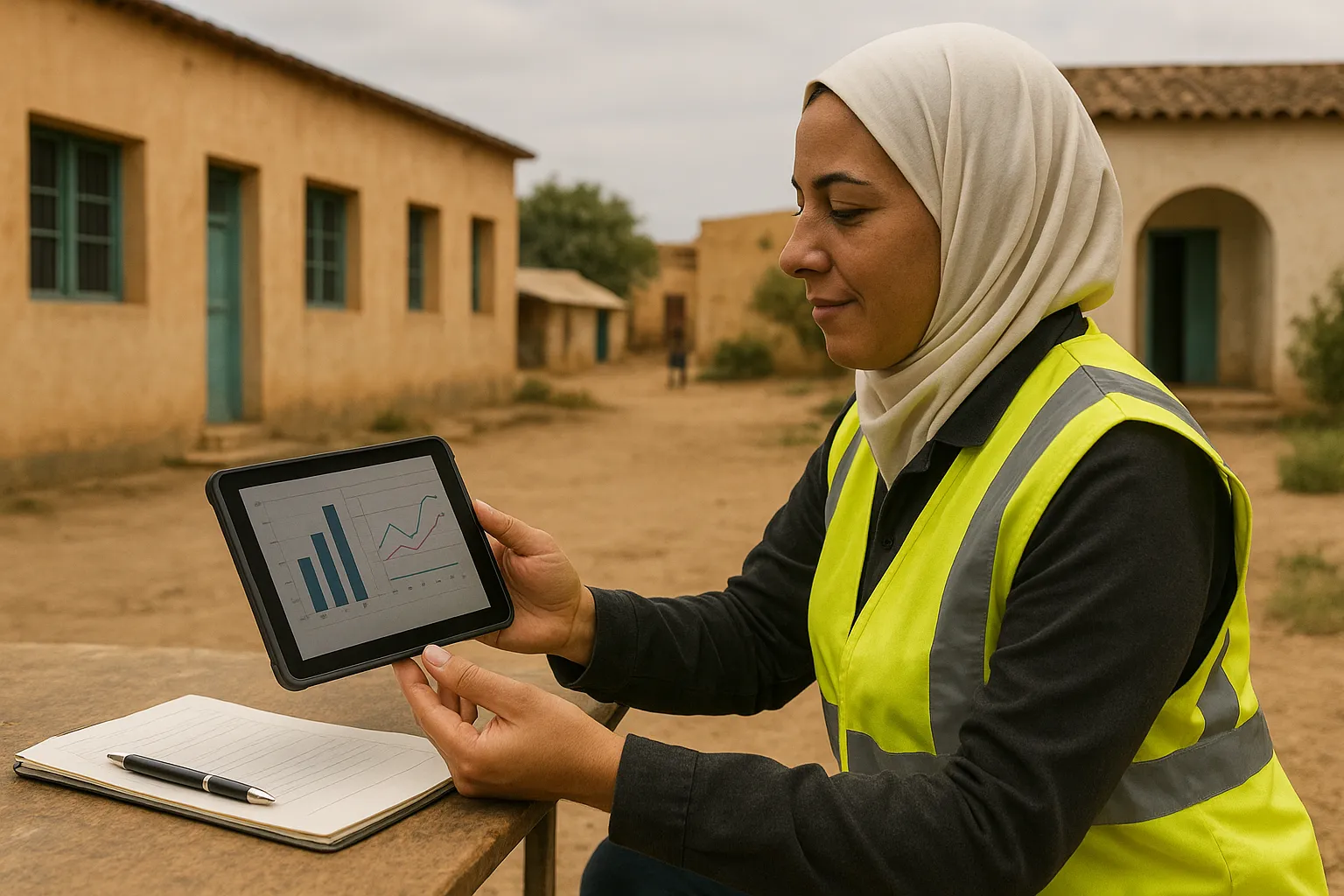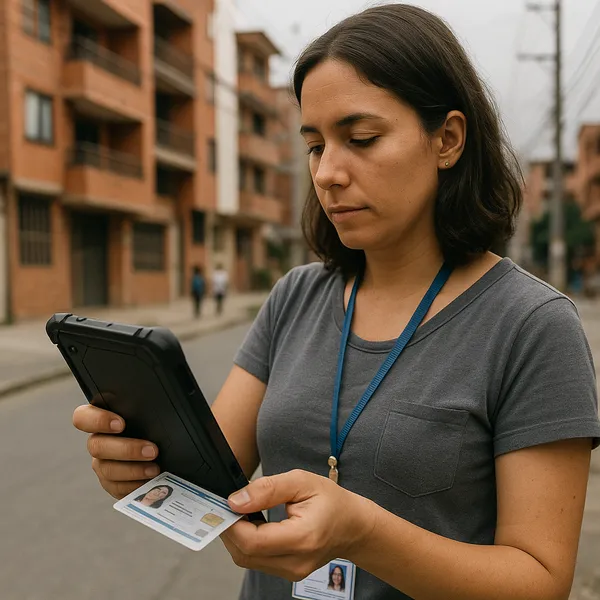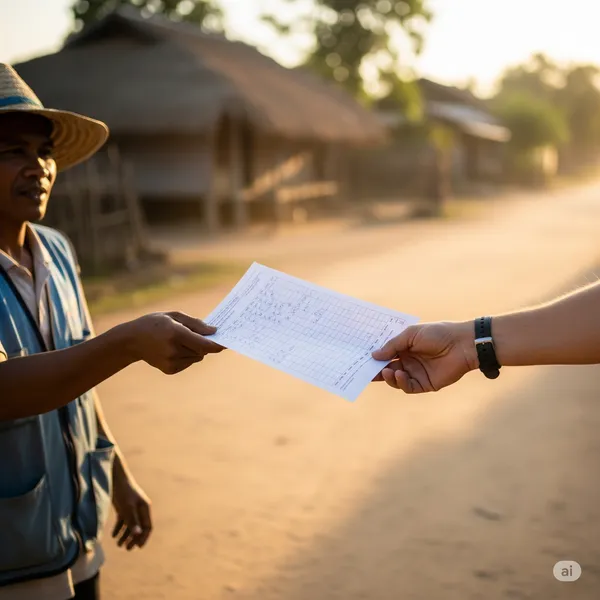Cross-Sectoral Integration in Fiduciary Monitoring Frameworks
Published on: Tue Jun 25 2024 by Ivar Strand
Introduction
Development challenges are rarely, if ever, contained within a single, neat sector. A school feeding program is not just about education; it is also about public health and agricultural supply chains. A cash transfer project is not just about social protection; it is about local economies, household resilience, and gender dynamics. The interconnected nature of these challenges means that effective monitoring cannot operate in a silo.
A fundamental idea in our work is that a monitoring approach that is blind to these cross-sectoral linkages will inevitably miss the bigger picture. It may succeed in verifying a narrow set of outputs, but it will fail to provide genuine insight into the complex outcomes that define sustainable development. True value in monitoring comes from a holistic, cross-sectoral understanding.
1. The Inherent Limitation of a Siloed View
A monitoring team composed solely of, for example, education specialists may expertly verify that a shipment of textbooks arrived at a school. This is a necessary, but insufficient, piece of information. This siloed “tunnel vision” prevents a deeper analysis of critical, connected questions:
- Governance: Were the funds for the textbooks disbursed efficiently through the government’s public financial management system, or were there critical bottlenecks that will affect future deliveries?
- Social Inclusion: Are the textbooks written in a language accessible to minority groups in the region, and do they include content that is inclusive for girls?
- Logistics: Was the delivery made using a reliable local transport company, thereby contributing to the local economy, or was a more expensive and less sustainable international option used?
A siloed view confirms what happened, but it cannot explain how it happened or so what the broader implications are. It checks a box but fails to complete the picture.
2. A Cross-Sectoral Lens in Practice: Connecting the Dots
The real value of monitoring is unlocked when different streams of thematic expertise are integrated to analyze a single intervention. This approach reveals a more complete and useful reality.
-
Case 1: Health and Education Consider a school-based deworming program. A public health specialist can verify the correct medical protocol was followed, the cold chain for the medicine was maintained, and the correct dosages were administered. This is the health output. An education specialist on the same team can then analyze school attendance records for the following three months. The integrated finding—linking the health intervention directly to a measurable reduction in student absenteeism—provides a powerful demonstration of the project’s outcome, which neither specialist could have fully captured alone.
-
Case 2: Social Protection and Livelihoods An unconditional cash transfer program is implemented to support vulnerable households. A social protection expert can rigorously verify the targeting mechanism and confirm that the intended beneficiaries received the correct amount of money. A livelihoods expert can then conduct qualitative interviews to understand how that money is being used—whether for immediate consumption (food, medicine) or for productive investments (seeds, tools, livestock, small business inputs) that build long-term economic resilience. The integrated analysis provides a nuanced picture of both immediate welfare and future capacity.
3. Building Teams with Thematic and Analytical Depth
Achieving this cross-sectoral insight does not require every monitor to be an expert in all fields. It requires the deliberate construction of multi-disciplinary teams and a culture of internal collaboration.
At Abyrint, our approach is to assemble project teams that blend deep thematic knowledge with functional expertise. A typical team might include a public health or education specialist working alongside a financial auditor, a data scientist, and a field logistician. The power of our analysis comes not from the individual components, but from the synthesis of their different perspectives into a single, coherent narrative. Our internal processes are designed to facilitate this collaboration, ensuring that the final analysis is always more than the sum of its parts.
Beyond Verifying Outputs: Understanding Outcomes
A monitoring system limited by sectoral boundaries is sufficient for verifying simple, isolated outputs. It can confirm that a task was completed. However, understanding and verifying progress towards the complex, interconnected outcomes that lead to sustainable development requires the ability to see and analyze the linkages between sectors. This holistic, cross-sectoral expertise is what elevates monitoring from a technical compliance exercise to a strategic tool that provides genuine insight into how development actually happens.



